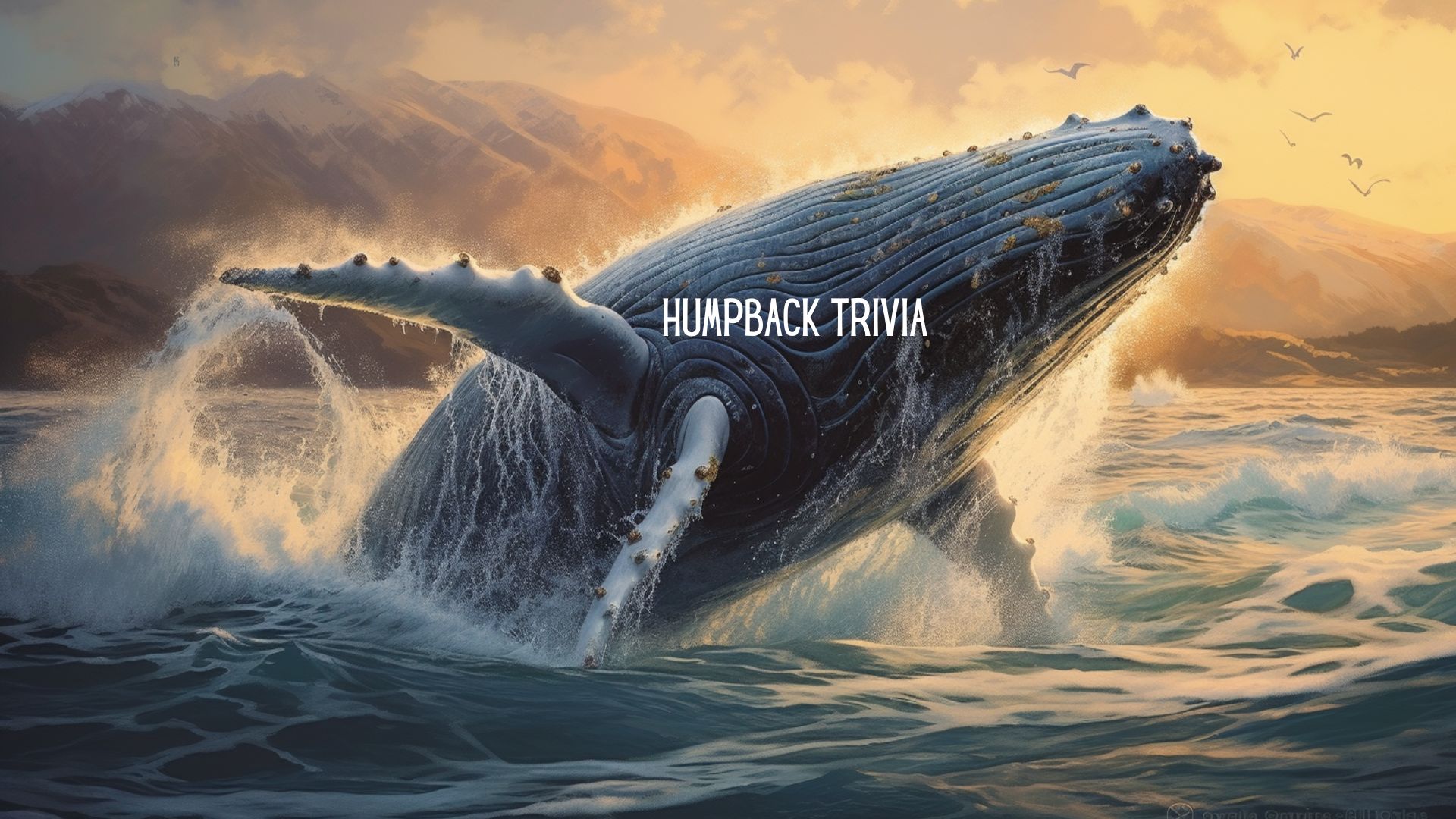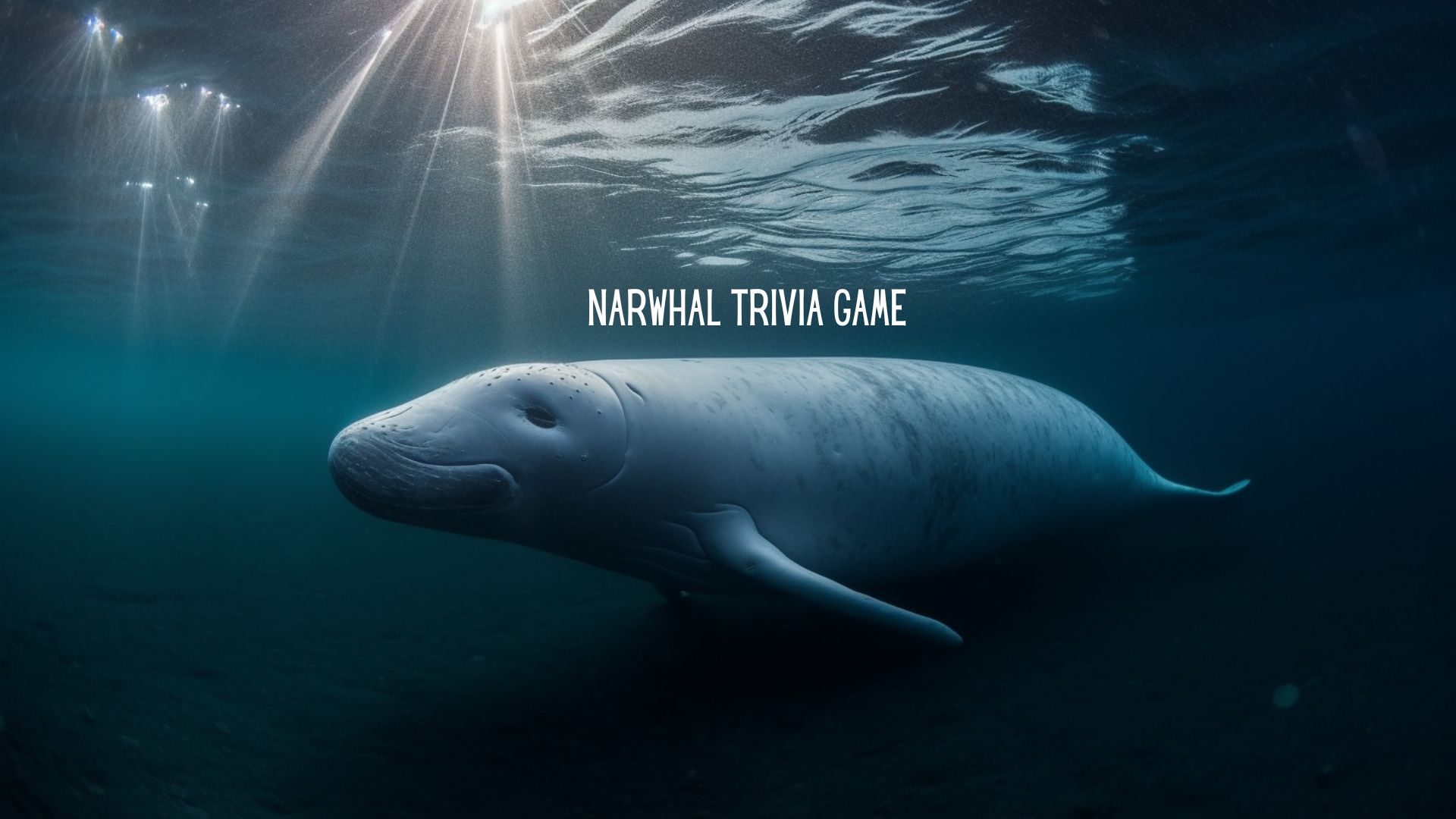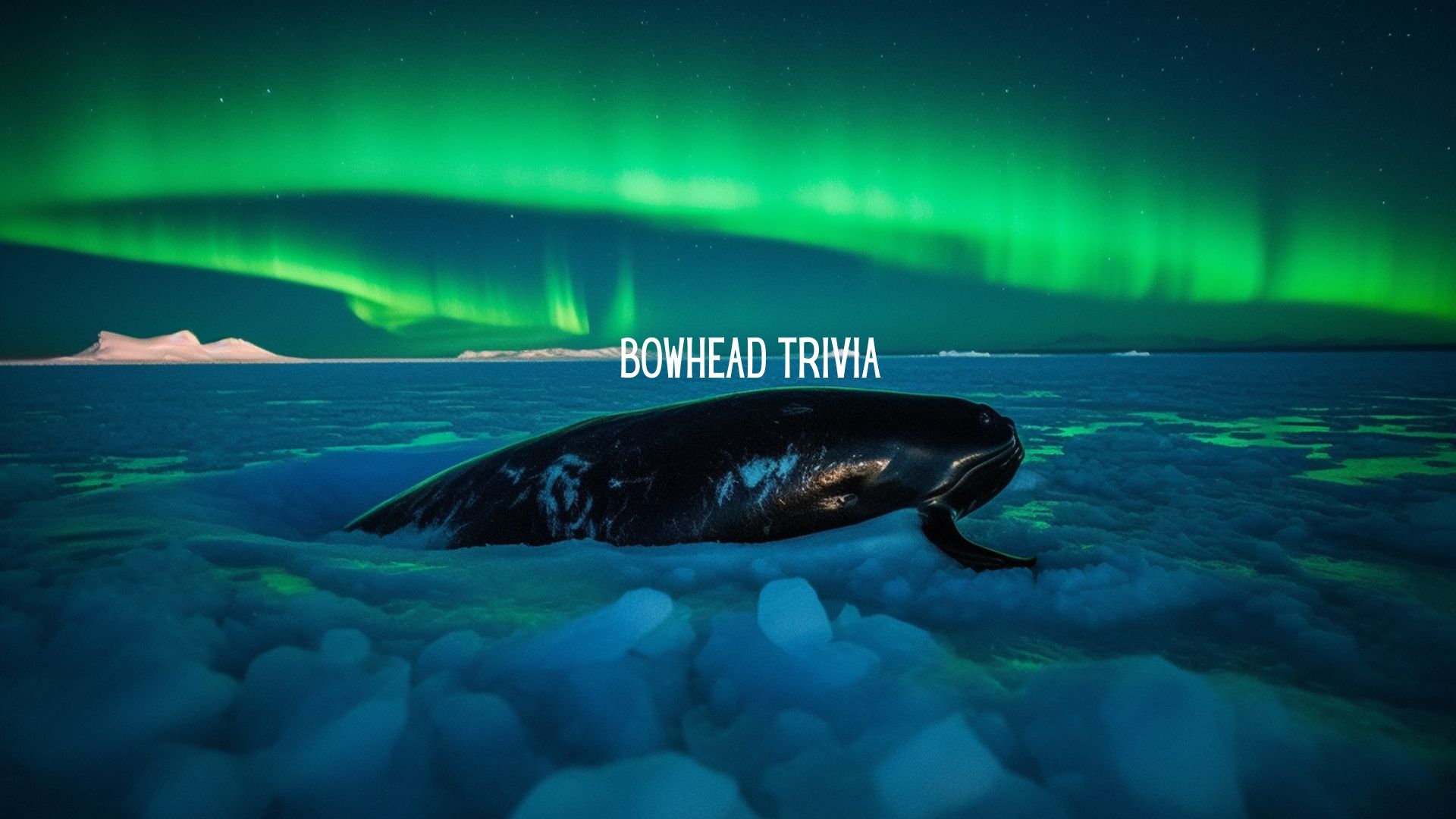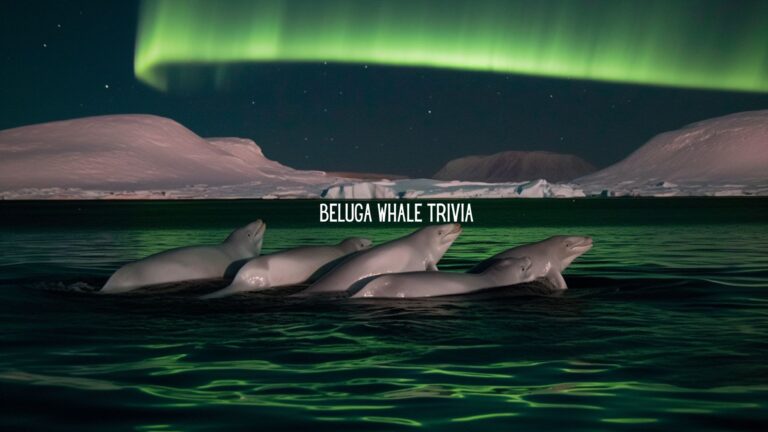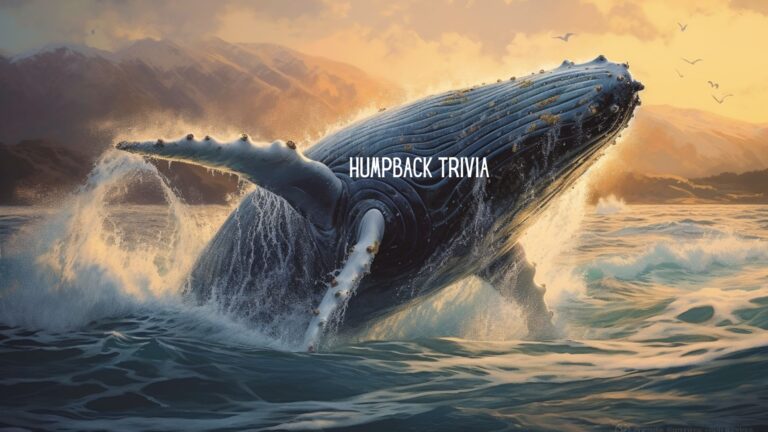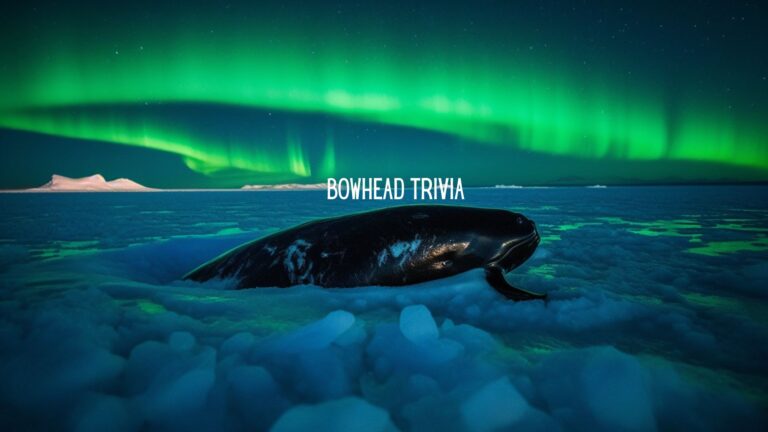The Narwhal Challenge: Unveil the Secrets of the Arctic Unicorn
The narwhal (Monodon monoceros), often referred to as the “unicorn of the sea,” is a mysterious and captivating creature that inhabits the cold Arctic waters. Known for its long, spiral tusk, the narwhal has inspired myths and fascinated scientists for centuries.
Physical Characteristics
Narwhals are medium-sized whales, growing up to 16 feet in length and weighing between 1.5 to 2 tons. The most distinctive feature of the narwhal is its tusk, which is actually a long, spiraled tooth that can grow up to 10 feet in length.
Habitat
Narwhals are found primarily in the Arctic Ocean, particularly around Canada, Greenland, Norway, and Russia.
Diet
The narwhal’s diet consists mainly of fish, shrimp, squid, and other deep-sea organisms. They are known to dive to great depths, as far as 5,000 feet, to forage for food.
Behavior
Narwhals are social creatures that travel in groups known as pods. These pods can range from a few individuals to several hundred.
The purpose of the narwhal’s tusk is still a subject of scientific inquiry, but it is believed to serve various functions, including sensing changes in the environment, attracting mates, and possibly as a tool in hunting.
The Narwhal Questions & Answers Trivia Game
Question 1: What is the scientific name of the narwhal?
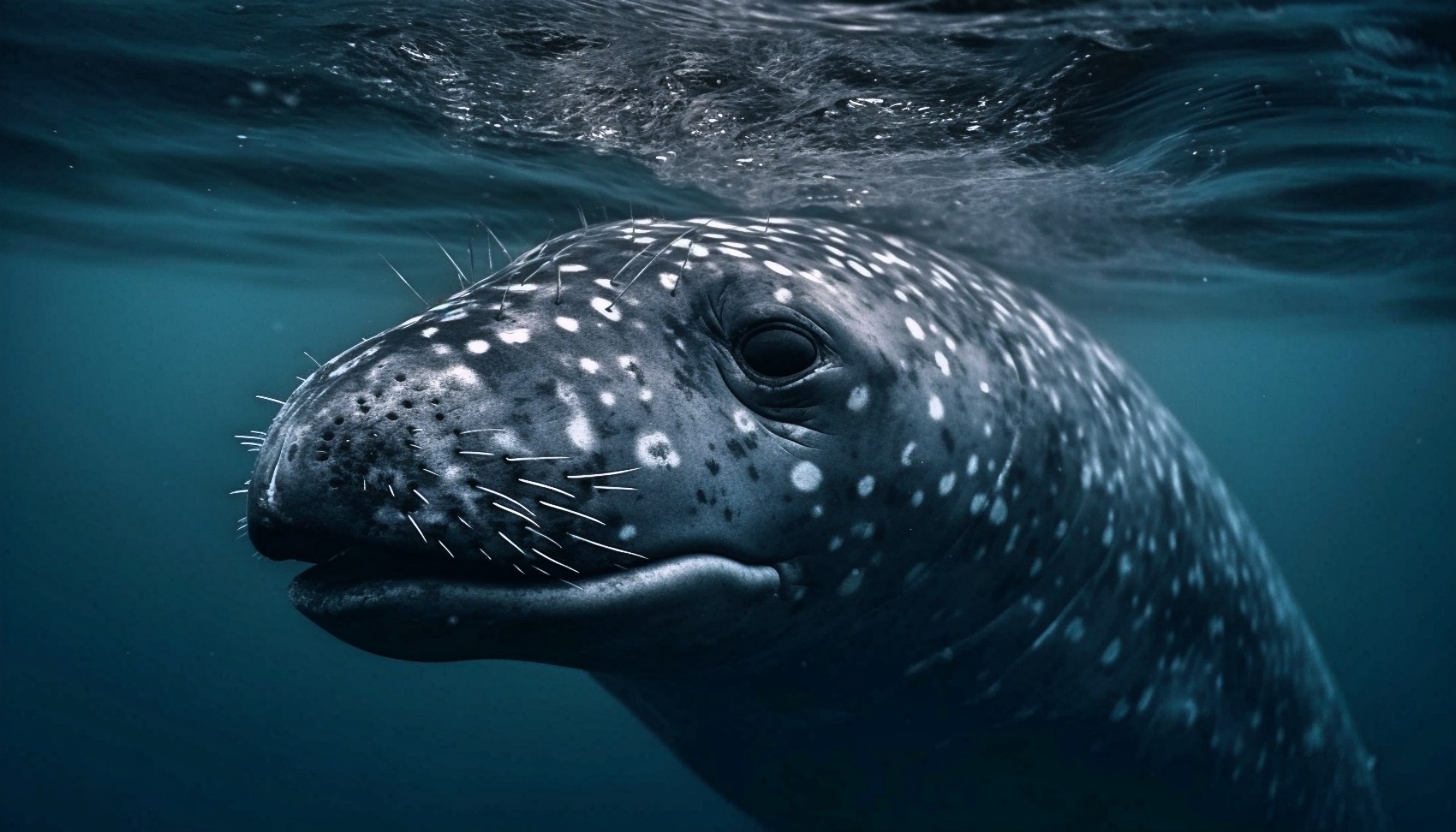
Answer 1: Monodon monoceros
Question 2: What is the most distinctive feature of the narwhal?
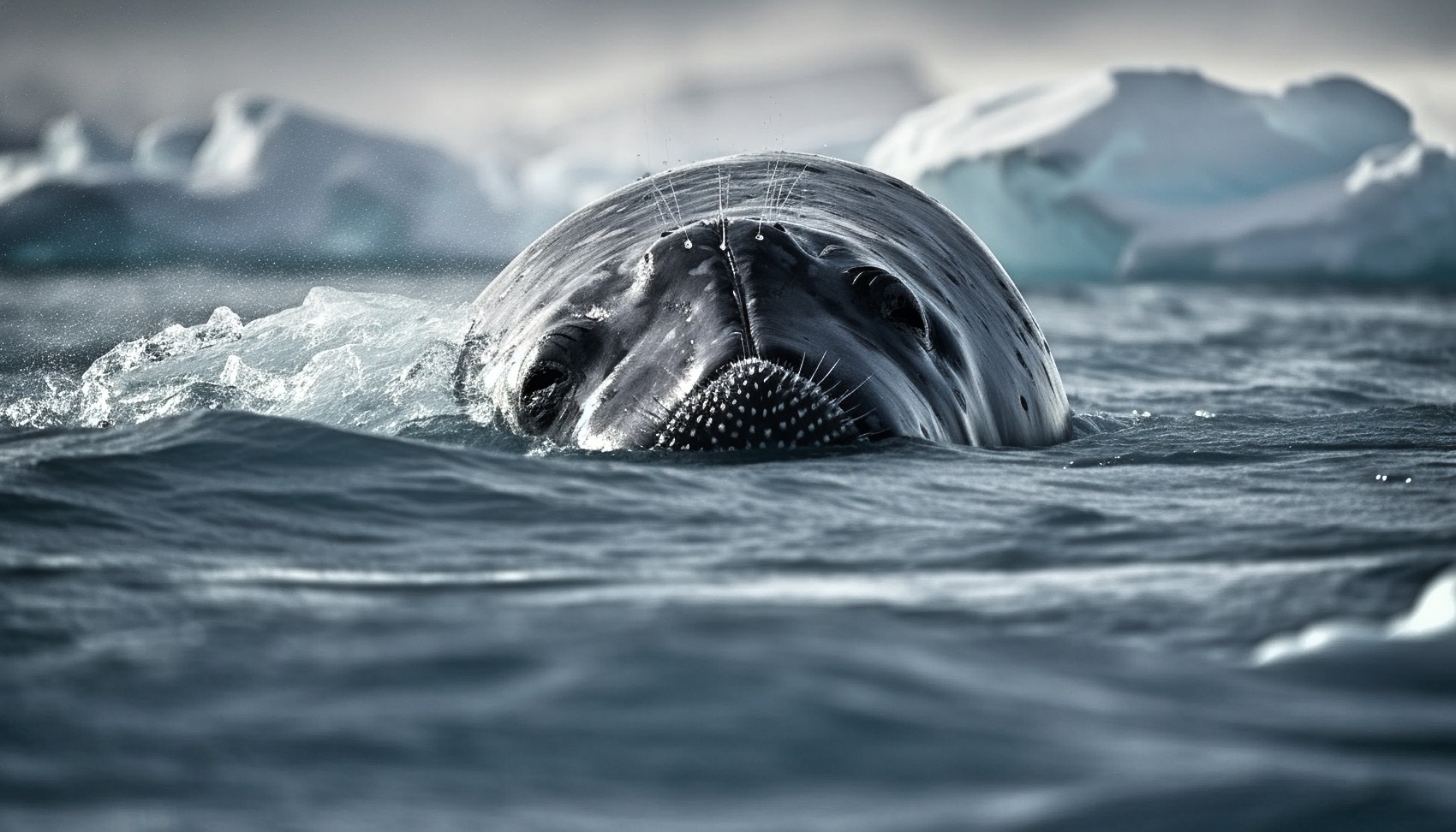
Answer 2: Its long, spiral tusk
Question 3: Where are narwhals primarily found?
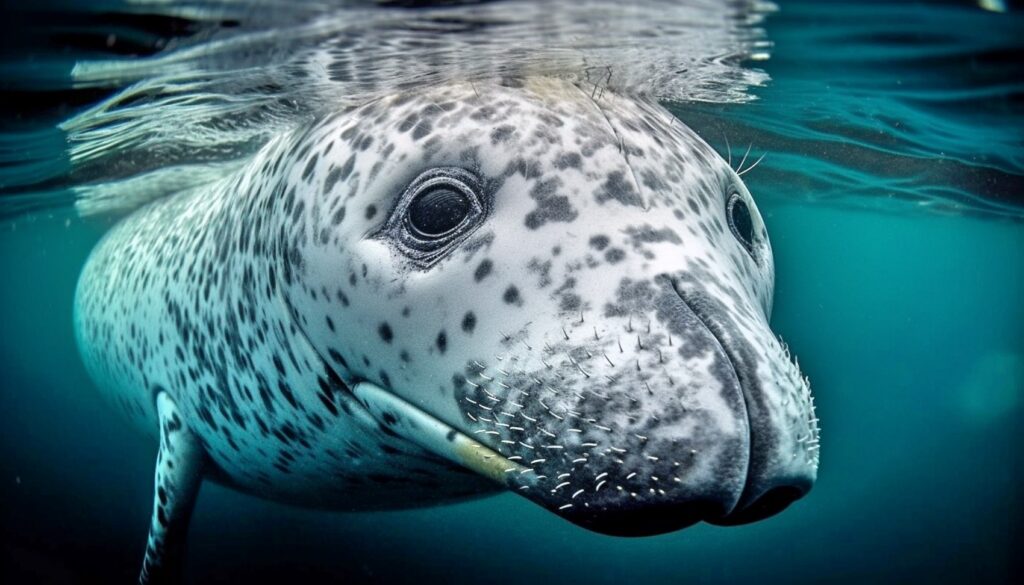
Answer 3: In the Arctic Ocean
Question 4: How deep can narwhals dive to forage for food?
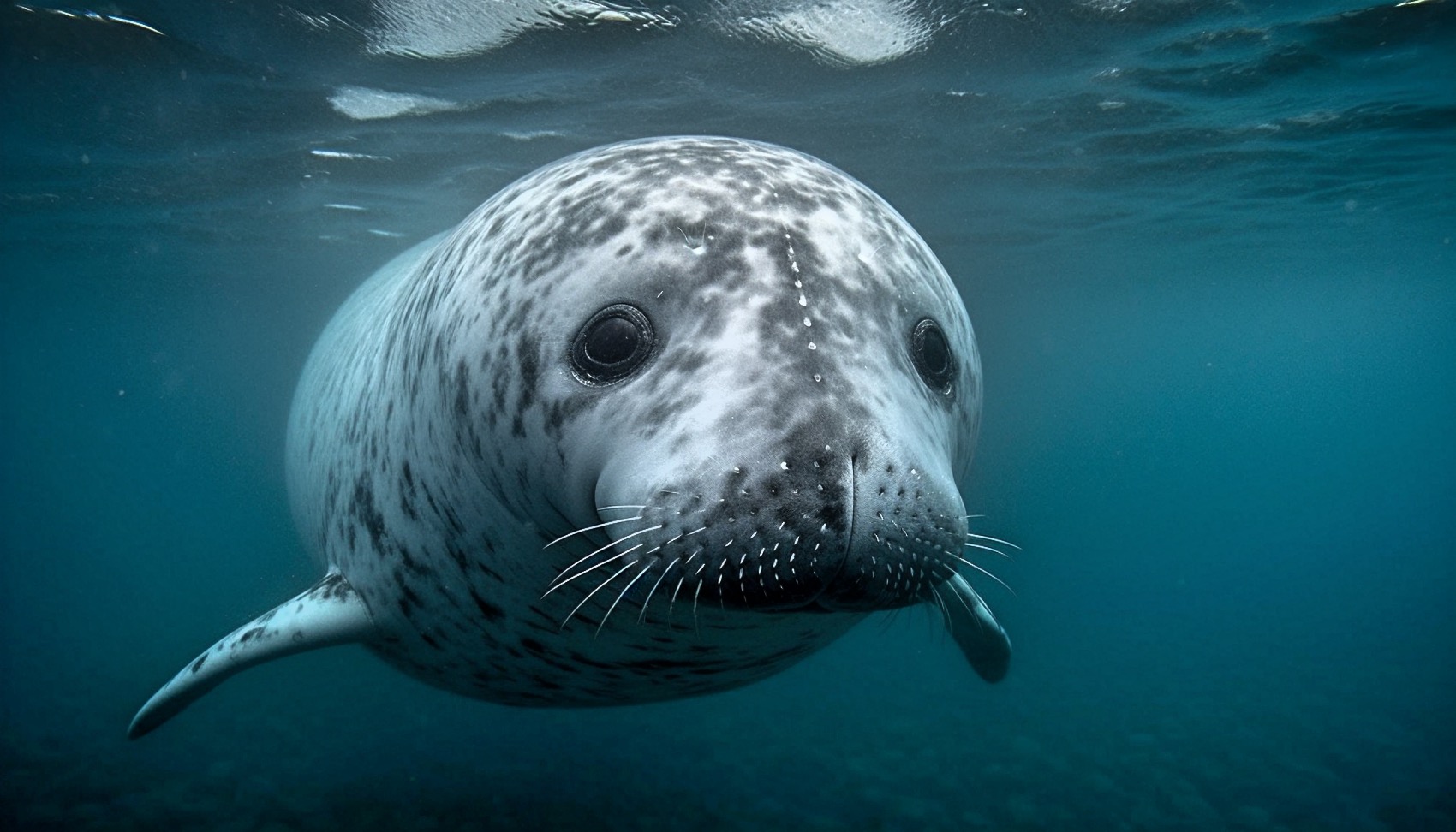
Answer 4: As far as 5,000 feet
Question 5: What are groups of narwhals called?
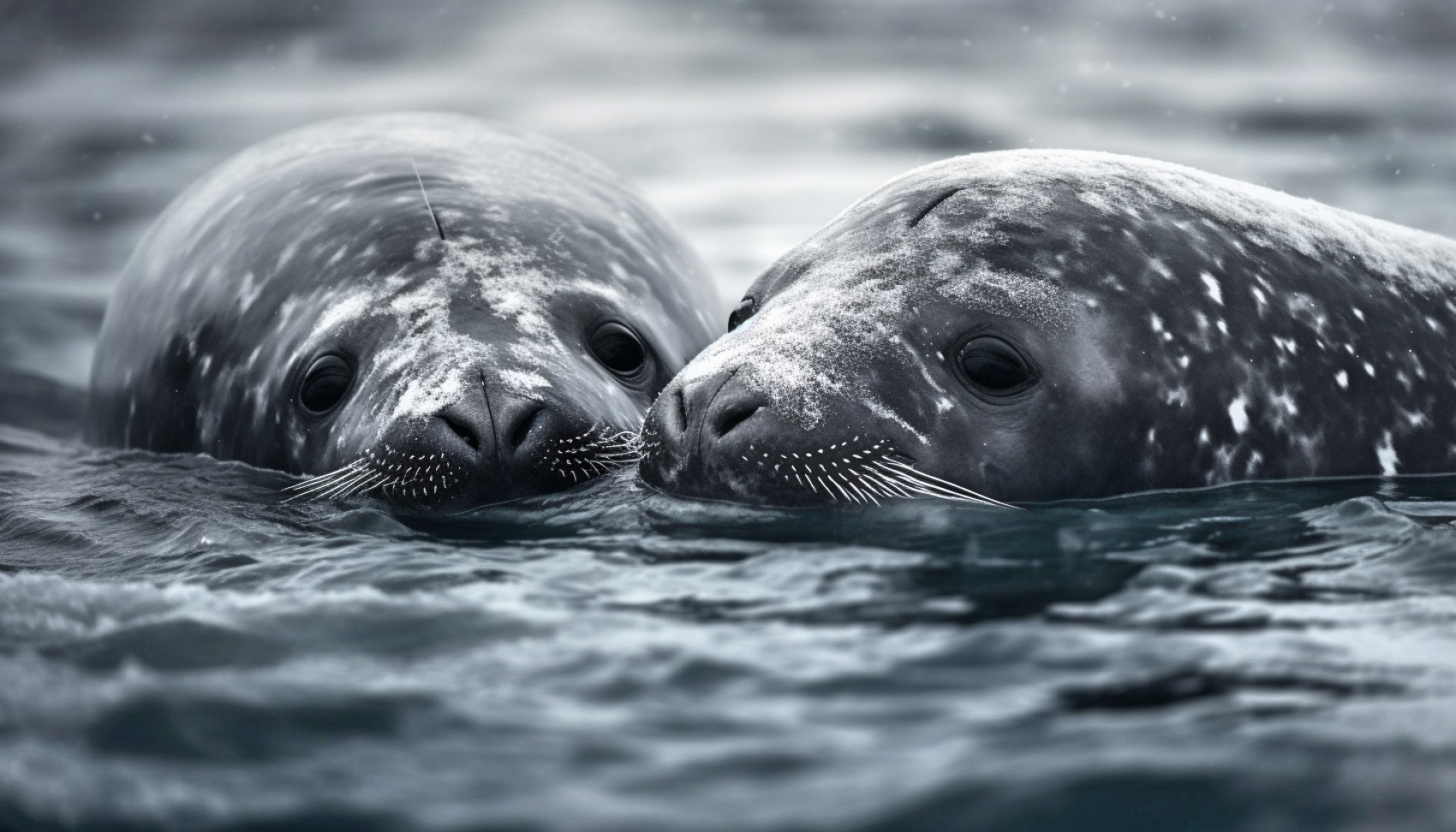
Answer 5: Pods
Question 6: What is the conservation status of the narwhal?
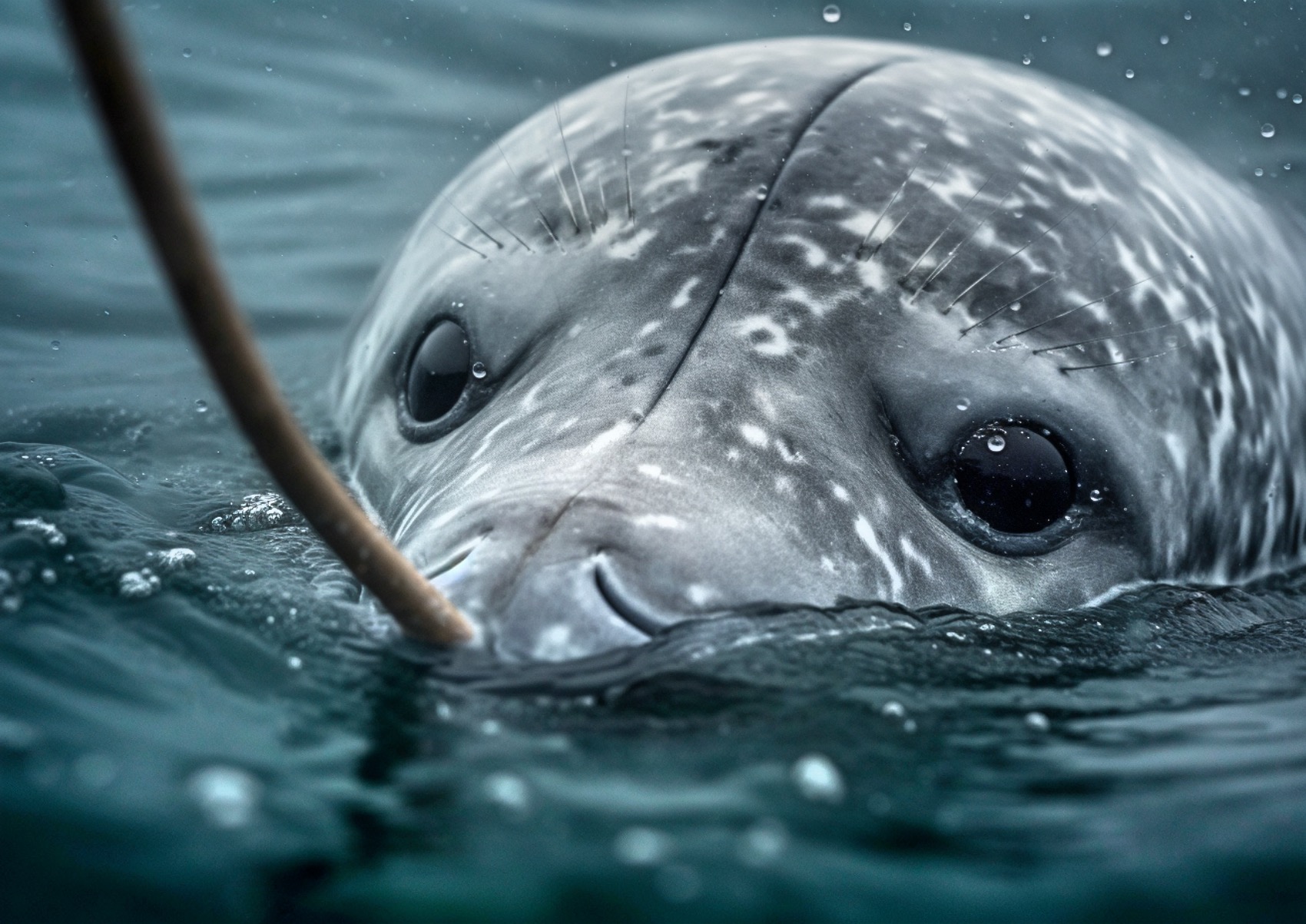
Answer 6: Near-threatened
Question 7: What is the primary diet of narwhals?
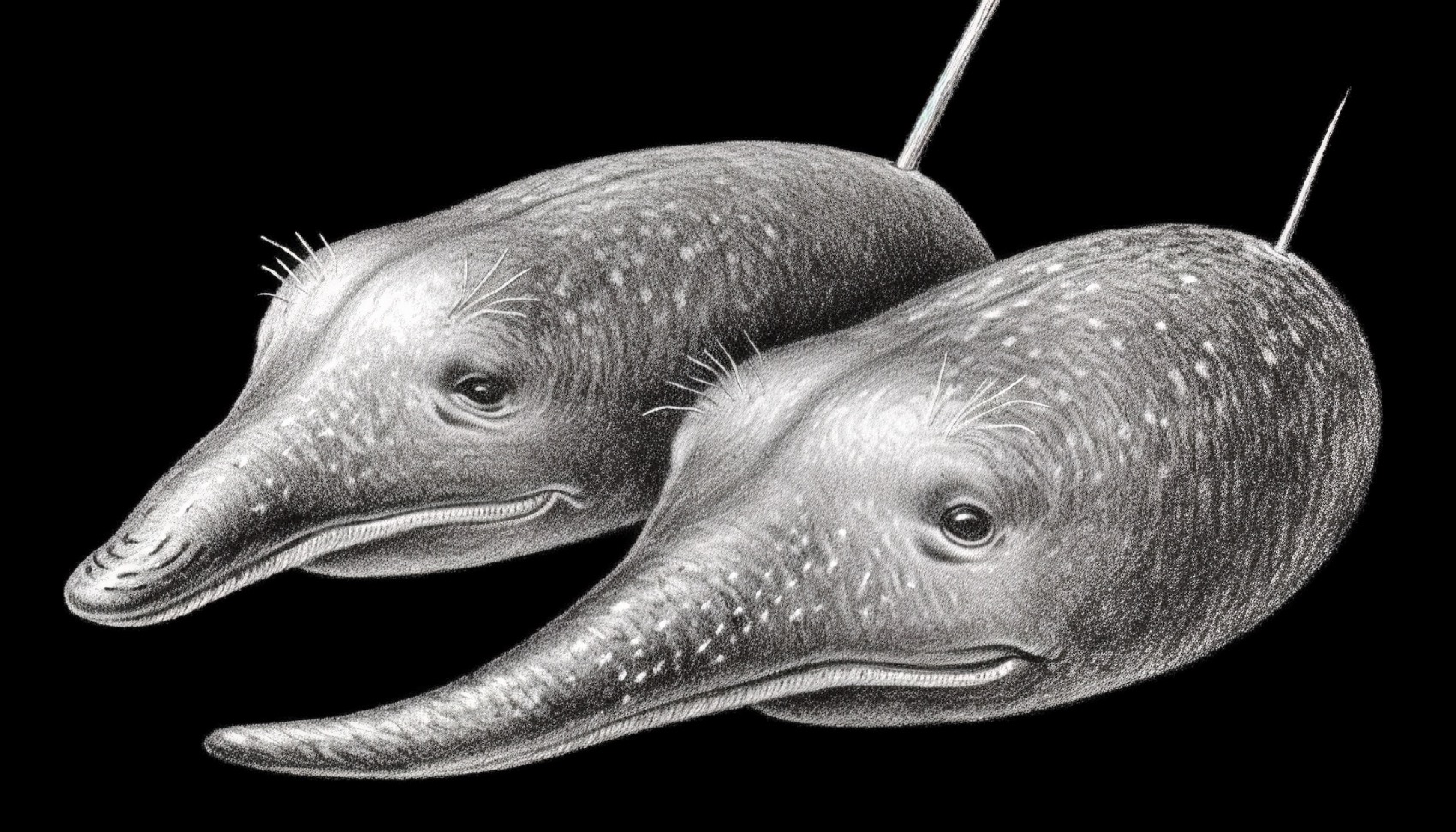
Answer 7: Fish, shrimp, squid, and other deep-sea organisms
Question 8: How long can a narwhal’s tusk grow?
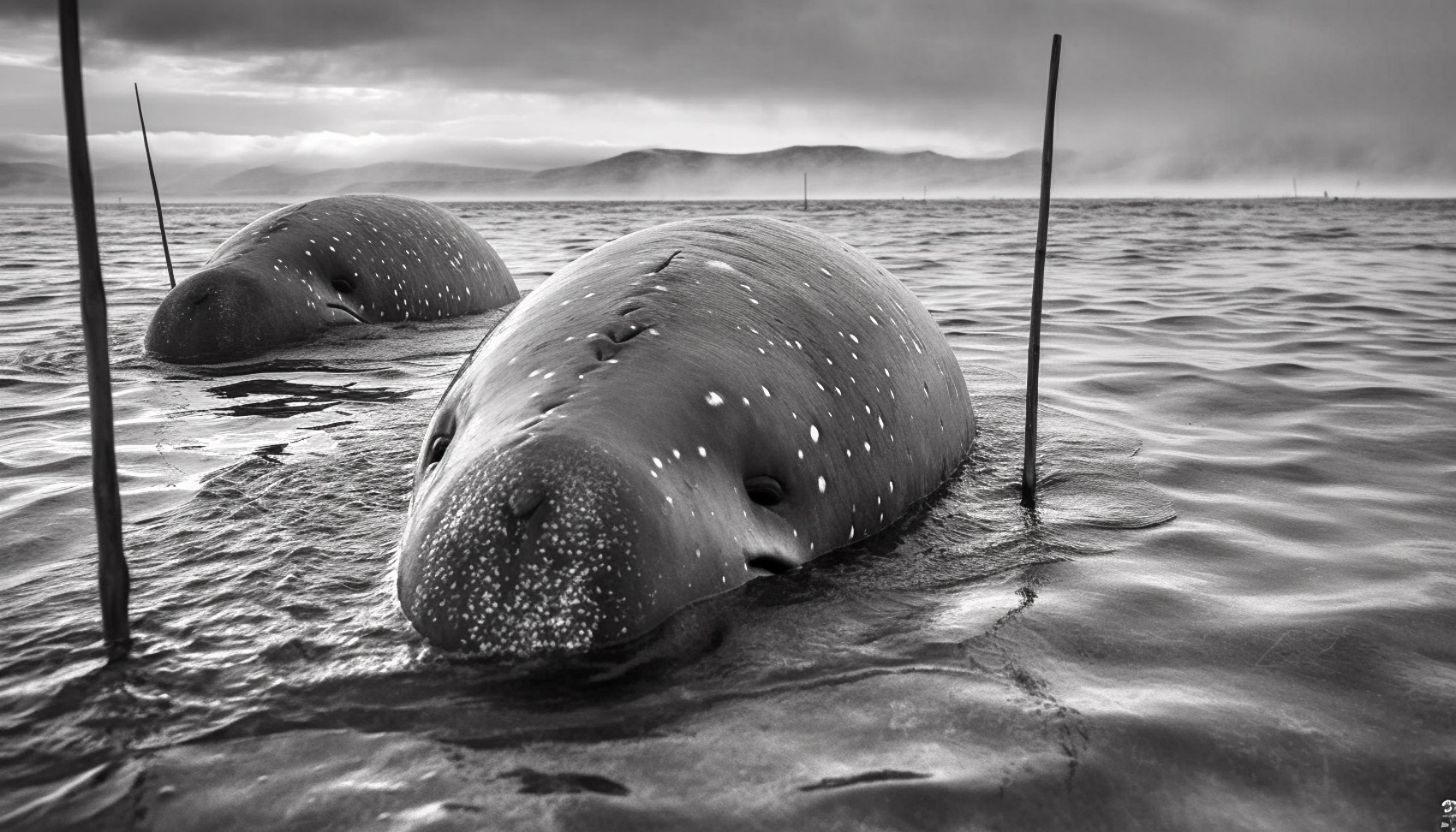
Answer 8: Up to 10 feet
Question 9: What are the main threats to narwhals?
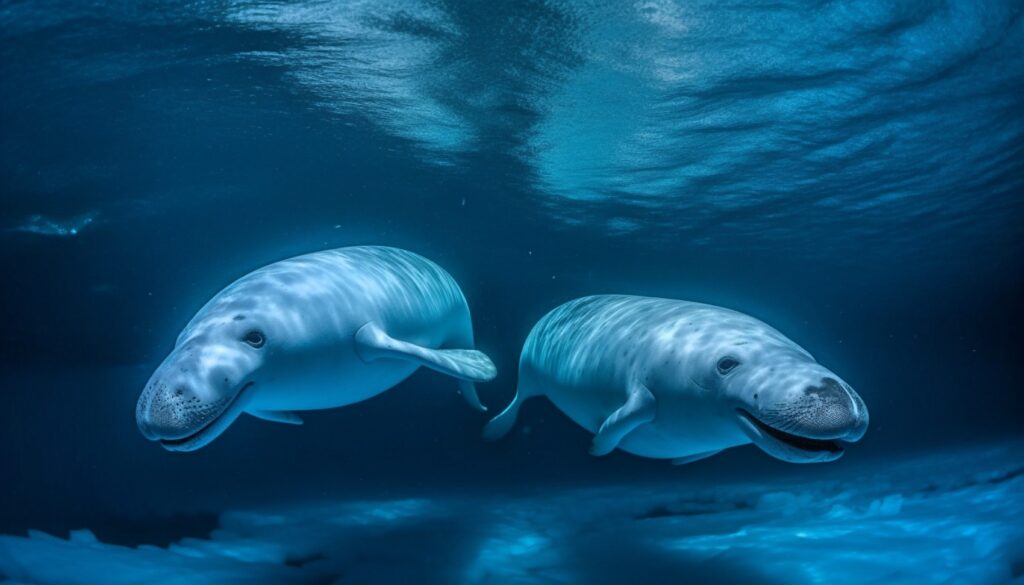
Answer 9: Climate change, industrial activities, and hunting
Question 10: Do female narwhals have a tusk?
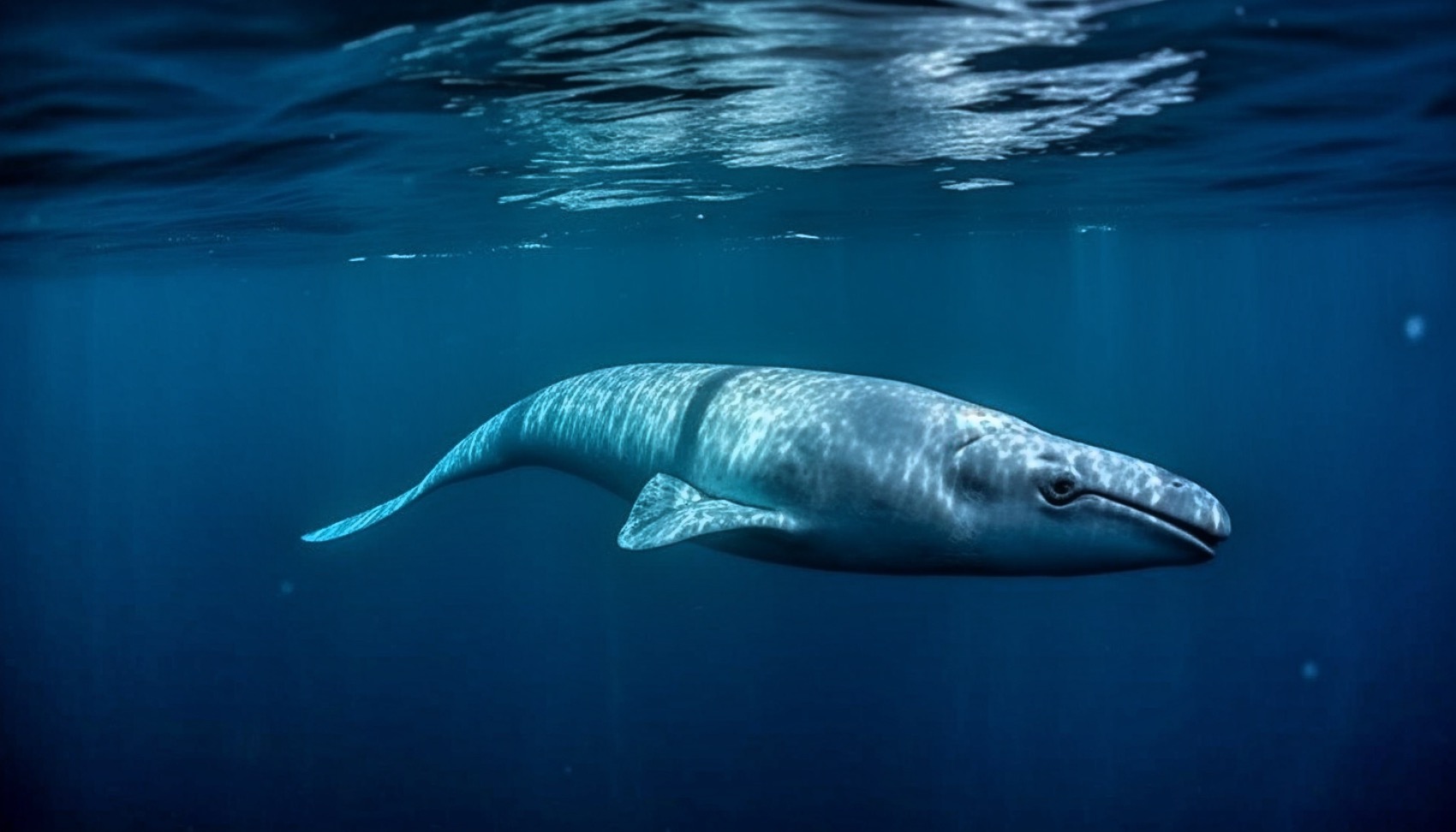
Answer 10: Occasionally, but it is generally smaller than the males’
Whale Trivia Questions & Answers Game
